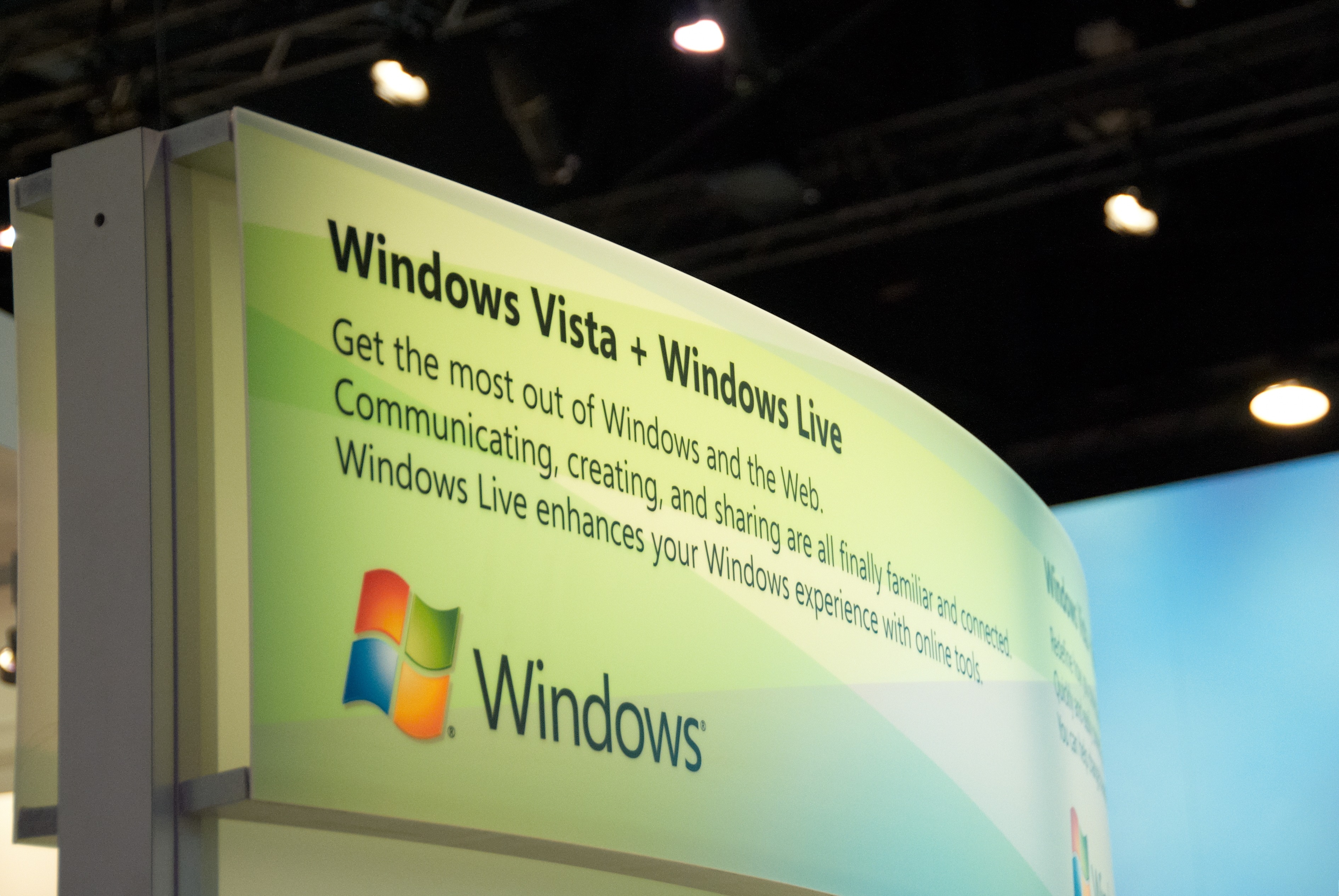It’s all about profit, and I understand where the silence is coming from, but they are missing the long-term picture. [Chinese leaders’] end game is to extract as much technology out of American companies as […]
Category: Google

Google’s Superphone is Super Surprising
Last week, I ordered the Nexus One during Google’s event, before the invited attendees got their free review units. Google shipped the phone by free FedEx overnight, so I began using the so-called “superphone” on Wednesday (January 6). Google impressed with the simple ordering process and prompt delivery.
I would recommend the Nexus One over iPhone to most anyone. While I’m no fan of Nexus One’s industrial design, the phone satisfies in most of the important ways: Call quality, user interface responsiveness, overall speed of the device, 3G telephony and data reception, ease of typing on touchscreen, and applications availability. Google and HTC have put together a simply satisfying smartphone.

Nexus One Foreshadows Google Mobility That Could Get Ugly for Apple and Microsoft
Microsoft and Apple underestimate how quickly Google is consolidating its mobile platform—clearly so do geeks reviewing Nexus One. Google isn’t just going for one piece of mobility but the whole shebang. Google is putting together the pieces to offer a single mobile lifestyle, with no PC required, supported by search and other Google informational services. Like everything else the company does, free is the glue sticking everything together.
Google’s decision to sell Nexus One direct, even the carrier subsidized model, is part of the strategy. Open-source licensing has its limitations and risks fragmenting Android. As I explained in March 2009 post “There’s an App for That,” Apple changed the rules for mobile operating systems by breaking carrier control over updates. Apple distributes iPhone OS updates, preventing the kind of fragmentation typically caused by carrier distribution. By selling a handset direct, Google takes control of Android updates for a flagship phone that also acts like a baseline design model for handset manufacturers licensing the mobile operating system.

There can't be a Free Web if No One Pays
Paywall is suddenly a hot topic as free content turns many longstanding businesses—news among—to apparent ruin. News Corp. Chairman Rupert Murdoch is mad as hell, and he’s not going to take this anymore. This week Murdoch repeats his call for paid services during a U.S. Federal Trade Commission public workshop.
“We need to do a better job of persuading consumers that high-quality, reliable news and information does not come free,” he says. “Good journalism is an expensive commodity.”

Microsoft-Yahoo Searcher Penetration Doesn’t Matter
Too Many people are making too much about ComScore’s searcher penetration data, which released on August 14. Microsoft and Yahoo executives shouldn’t get their hopes up, nor should analysts, bloggers or journalists writing about the data otherwise be misguided. Similarly, ComScore has overstated Microsoft-Yahoo combined search potential.
Get Your iGoogle Superhero
Themes for Chrome 3.0 beta got me to thinking about Google’s sudden personalization push. You can skin Gmail, and there are comic-book heroes and other themes for iGoogle. Now there are Chrome skins, and what about that Android-powered MyTouch from T-Mobile? The marketing push is big customization and personalization.

‘Is Microsoft Fraked?’ Chat
Late this morning, Betanews founder Nate Mook and I IMed about Google’s Chrome OS announcement. Our differing positions somehow fit oddly together.

Google Exchanges Outlook for Apps, Microsoft GAPEs
The Microsoft-Google tit-for-tat spat over Apps Sync accents the new battleground over which the companies are fighting. Google has moved onto sacred Microsoft territory: Office. Google’s synchronization approach is simply brilliant, and Microsoft executives should cower in fear.
Quick recap: A week ago, Google unveiled Apps Sync, which lets Outlook users connect to GAPE, Google Apps Premiere Edition. Rather than an Exchange Server, Outlook connects to Google’s cloud services. Today, Microsoft took the offensive on this incursion into its territory with a blog post detailing two problems caused by the Apps Sync plugin. I’ll get to the specifics of the problems in a few paragraphs.

Google Spiffs Up Search with Chrome
Now how did I miss this earlier—or is it new? While comparing Bing and Google search, I came across something surprising. Google is more aggressively hawking Chrome with search. Will Chrome’s shine blind trustbusters?
Does anyone else remember how Microsoft got in trouble with the U.S. Justice Department for bundling Internet Explorer with Windows? The DOJ accused Microsoft of trying to leverage its monopoly in desktop operating systems into the browser market. Hell, Microsoft is still paying for this behavior. The European Union is soon expected to impose sanctions, and possibly another big fine, for browser bundling.

Google Be Gone?
This weekend, I started then stopped booting Google from my computing life. I like Google products and services, but worry about the company’s potential abuse of power.
On Thursday, on my work blog, I wrote about “The Google Problem” Google’s increasing search and online advertising dominance greatly disturbs. Situation might be less worrisome if Google wasn’t so damn secretive. The company controls large trolls of information, while keeping its own disclosure to a minimum.

Google: It’s Not About Search
These days, Google seems to be interested in just about everything—portals, search, VoIP, instant messaging, email, photos, blogging, maps, topography, Wi-Fi and NASA, just for starters. Google’s eclectic interests must aggravate Microsoft’s competitive analysis folks. Every week, someone asks me what any part of all this stuff has to do with search. After all, Google is a search company.
I disagree. Google no longer is just a search company, if it ever really was. Search is really a means to an end, and that end is the access to information. Looked at from this perspective, access to information, all of Google’s recent announcements make sense. And combined they foreshadow where the company is going and why Microsoft really should worry about Google.

Search as the New User Interface
In my next blog post, I plan to write about good design. As prelude, I offer my May 23, 2005, column for Betanews:
In 1984, Apple’s Macintosh introduced the world to the graphical user interface, eventually changing how people interact with computers. The GUI may not have been Apple’s idea—great credit there goes to the folks at Xerox Palo Alto Research Center—but the company did deliver the first meaningful, commercial product.